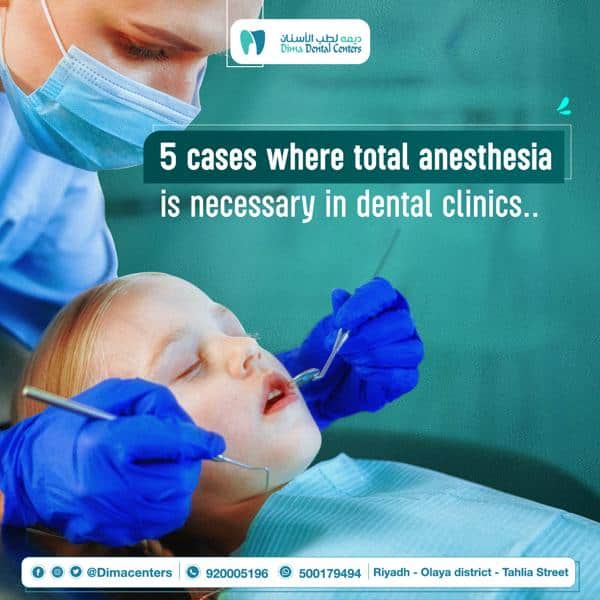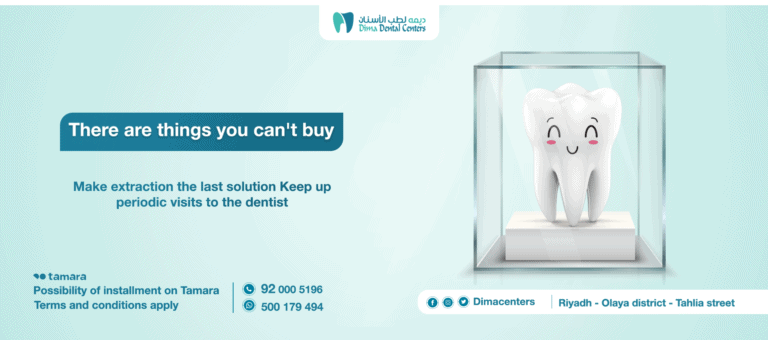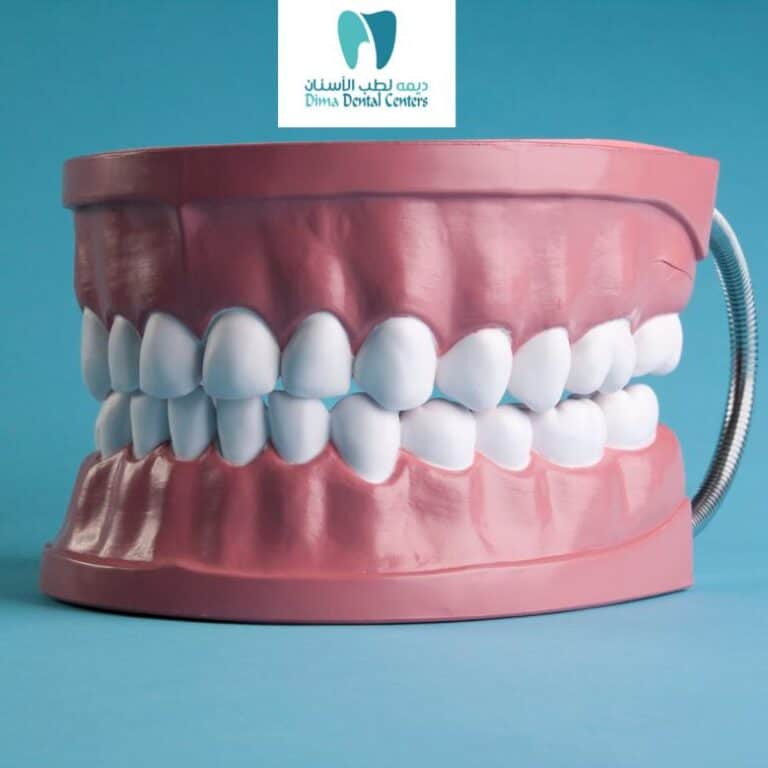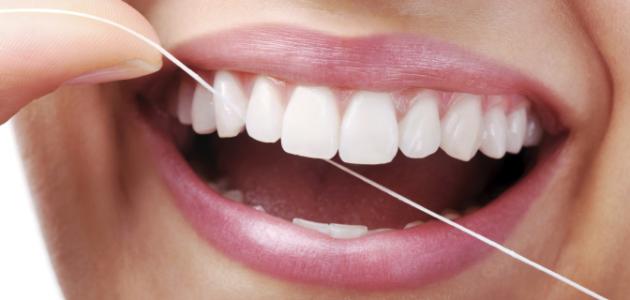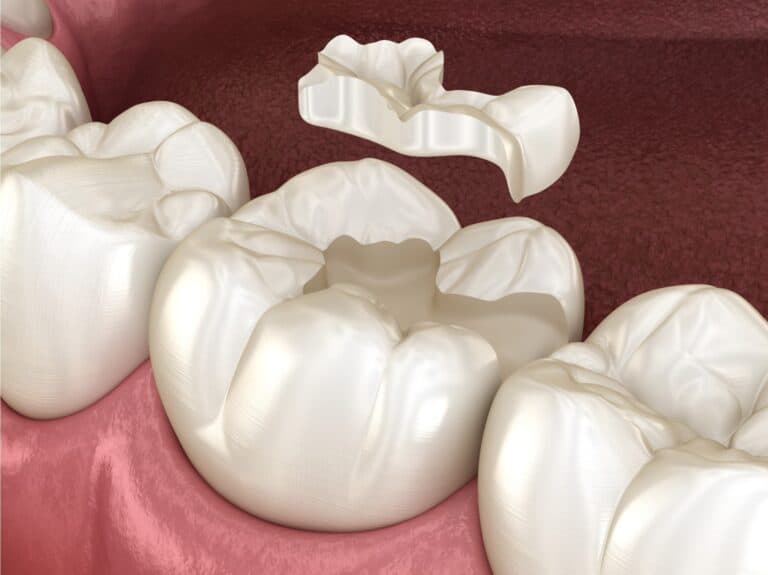Bad breath: causes and treatment

Bad breath, also called bad breath, is a fairly common problem. There are many factors, including pathological factors that can cause this. In 85-90% of cases, bad breath is caused by the multiplication of bacteria in the mouth, especially on the tongue, which contains 60% of the bacteria in the clefts of the mouth. It is estimated that language is responsible in nearly half of cases. Good oral hygiene and simple gestures can generally address this problem.
What are the signs of bad breath?
It’s not always easy to tell if you have bad breath. Sometimes, you may think that you smell bad when it isn’t.
However, a small test can give you an indication of your breath:
- Lick the inside of your wrist with the back of your tongue.
- Wait a few seconds for your saliva to dry.
- If your wrist smells bad, your mouth smells bad too.
The reactions of those around you can also guide you. For example: if the people you are talking to tend to turn away, if they show a sign of annoyance, or if they simply tell you.
Many people are mistakenly convinced that they have bad breath. This phobia leads them to social isolation that can have dire consequences. If you are convinced that you have bad breath and those around you are not confirming your concerns without reassuring you, see your GP.
What causes bad breath?
There are many factors that cause bad breath:
- Poor oral hygiene.
- Gingivitis, canker sores or tooth abscess.
- Smoking, which causes the formation of a white layer on the tongue, or excessive alcohol consumption.
- Foods containing sulfur derivatives (onions, garlic, cabbage, curry, protein powders, etc.).
- Dry mouth.
- Sore throat, tonsils, sinuses, or even bronchitis.
- Some diseases of the digestive system, such as gastroesophageal reflux disease.
- Metabolic disorders, such as diabetes.
- Chronic renal failure.
Bad breath treatment
If you suffer from bad breath, maintain impeccable oral hygiene: brush your teeth at least twice a day, and use dental floss or interdental brushes at least once a day. Brush your tongue every day, or even twice a day, from back to front, with a soft brush dipped in chlorhexidine mouthwash. Promote salivation by sucking on sugar-free mints or chewing sugar-free gum. Drink at least one and a half liters of water daily.
Other hygiene and diet measures can be helpful in case of bad breath:
- If you wear removable dental appliances, remove them after each meal and brush them with a toothbrush designated for this purpose.
- Eat regularly: chewing and swallowing cleans the mouth, stimulates the secretion of saliva and prevents unpleasant odors.
- Eat a balanced diet, and limit foods that can cause bad breath.
- If necessary, get help to quit smoking.
- Action to be taken in case of bad breath If there is no improvement in habits and oral hygiene, or if bad breath appears for no apparent reason, consult a dentist in the coming days.
What does the dentist do in case of bad breath?
- Attempts to determine the cause of bad breath.
- Checks for cavities, gingivitis, gingivitis, mouth ulcers, etc.
- Can measure and recommend specific hygiene measures to be applied every day.
- If no cause is identified in the mouth, and if health advice is not sufficient, the dentist can advise the person to consult their doctor in search of an infectious or metabolic cause of bad breath.
What are the treatments for bad breath?
- There is no medicine to treat bad breath.
- However, rinsing with an antiseptic mouthwash can be helpful, preferably without alcohol as it dries up the mucous membranes.
- The use of mouthwashes should not be prolonged without consulting a dentist.
- Good oral hygiene also helps you get fresh breath.
- If you suffer from bad breath, beware of foods such as garlic or onions, as well as alcohol.
- It is recommended to use many pharmacy products in case of bad breath.
- It can be mouthwashes, toothpastes, lozenges and mouth sprays.
- They often contain plant extracts intended to neutralize foul-smelling sulfur compounds or freshen breath.
What are the plants that resist bad breath?
- Botanicals used against digestive disorders and gum problems (such as those used against canker sores) are often recommended to fight bad breath.
- In addition, some plants are known to neutralize the sulfur compounds responsible for bad breath: for example, parsley, mint, basil, coriander or green anise.
- Chewing the leaves or seeds of these plants can help restore fresh breath.
- Bananas and kiwis also have a property to fight breathing problems.
Finally, we would like to point out that bad breath is an unpleasant smell emitted by the air through the mouth and nose. It is linked to the presence of bacteria in the oral cavity that cause unpleasant odors by spoiling the proteins, and as we mentioned earlier, the way you can discover if you suffer from bad breath and know its causes and methods of treatment and when you should consult a dentist to find out the cause and the most appropriate method of treatment.


